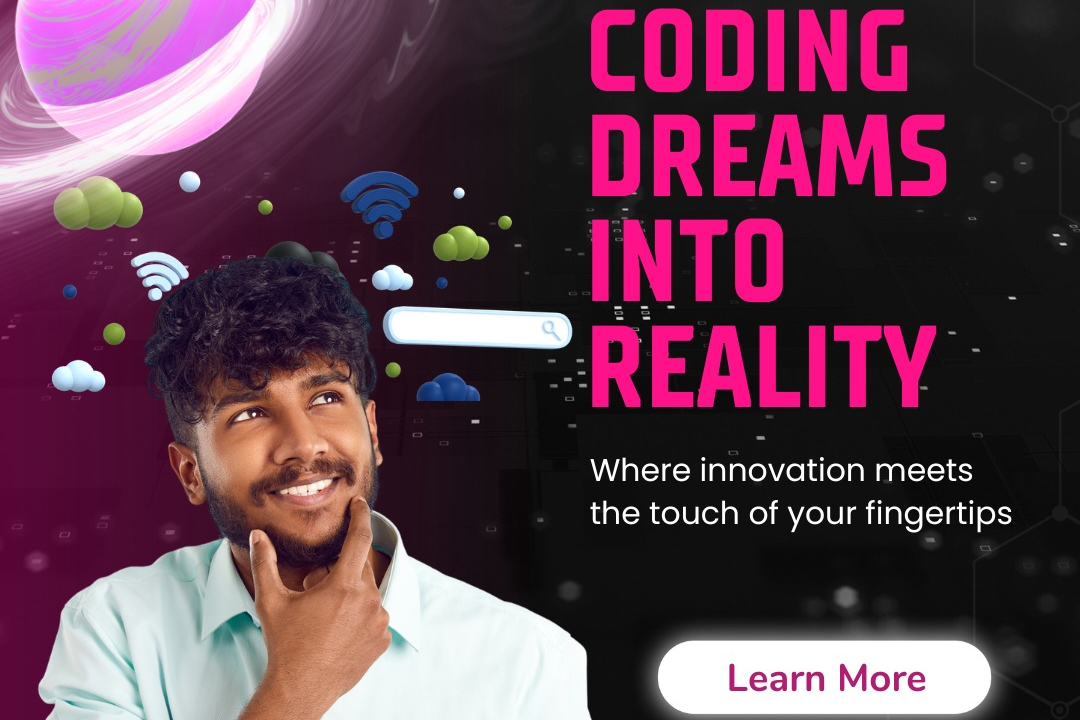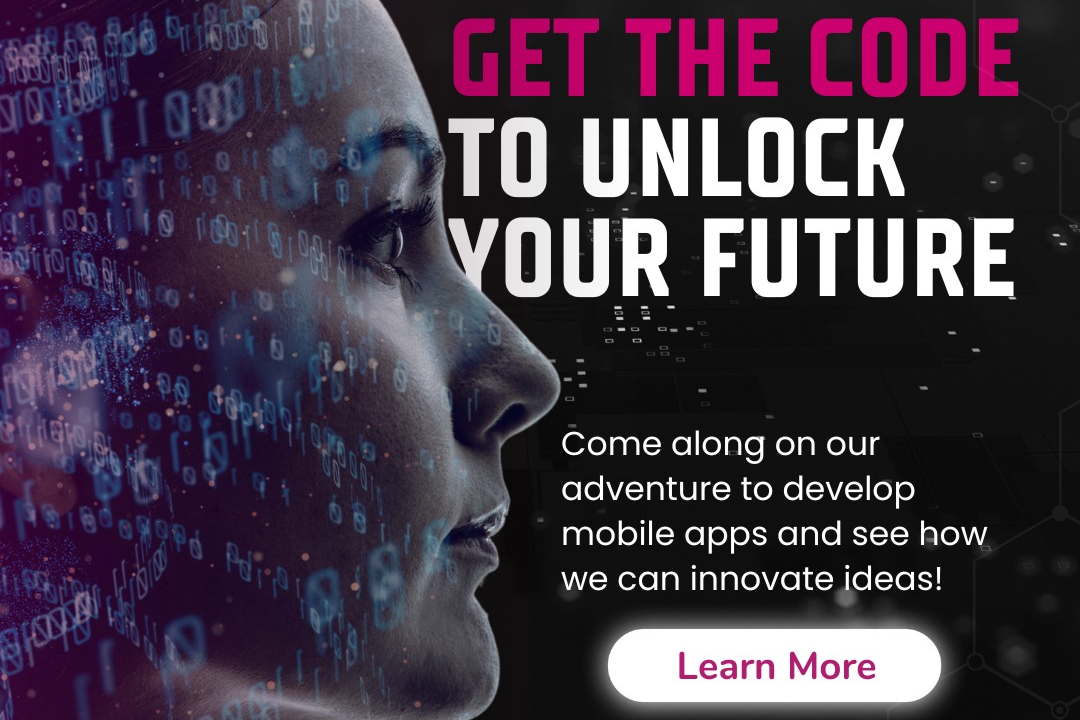React Native And AI Integration For Smarter Apps
React Native is a popular framework that enables developers to create cross-platform mobile applicat
React Native And AI Integration For Smarter Apps
Integrating AI with React Native enables developers to create smarter mobile applications that respond intelligently to user interactions. This fusion leverages the strengths of React Native's cross-platform capabilities alongside AI technologies to enhance user experiences through personalized recommendations, natural language processing, and predictive analytics. By incorporating AI, apps can adapt to user preferences, streamline workflows, and provide meaningful insights, resulting in a more engaging and user-centric experience. This innovative combination not only improves app functionality but also drives higher user satisfaction and retention, making it an invaluable approach in today's competitive app market.
To Download Our Brochure: Download
Message us for more information: Click Here
Integrating AI with React Native enables developers to create smarter mobile applications that respond intelligently to user interactions. This fusion leverages the strengths of React Native's cross platform capabilities alongside AI technologies to enhance user experiences through personalized recommendations, natural language processing, and predictive analytics. By incorporating AI, apps can adapt to user preferences, streamline workflows, and provide meaningful insights, resulting in a more engaging and user centric experience. This innovative combination not only improves app functionality but also drives higher user satisfaction and retention, making it an invaluable approach in today's competitive app market.
Course Overview
The “React Native and AI Integration for Smarter Apps” course offers a comprehensive exploration of how to leverage React Native's powerful framework alongside advanced artificial intelligence techniques to build intelligent mobile applications. Participants will learn to implement machine learning models, utilize natural language processing, and integrate AI-driven features to create personalized user experiences. Through a mix of theoretical foundations and hands-on projects, this course equips developers with the skills to design and deploy apps that not only function seamlessly across platforms but also intelligently anticipate user needs and adapt accordingly. By the end of the course, learners will be adept at transforming innovative ideas into reality, making their applications more responsive and engaging.
Course Description
The “React Native and AI Integration for Smarter Apps” course equips developers with the skills to create intelligent mobile applications by combining the robust capabilities of React Native with advanced artificial intelligence techniques. Participants will explore the integration of machine learning models, natural language processing, and other AI-driven features to enhance user experiences. Through practical projects and real-time applications, learners will gain hands-on experience in building cross-platform apps that intelligently adapt to user needs, enabling them to deliver innovative solutions in today’s competitive market. Join us to elevate your app development skills to the next level!
Key Features
1 - Comprehensive Tool Coverage: Provides hands-on training with a range of industry-standard testing tools, including Selenium, JIRA, LoadRunner, and TestRail.
2) Practical Exercises: Features real-world exercises and case studies to apply tools in various testing scenarios.
3) Interactive Learning: Includes interactive sessions with industry experts for personalized feedback and guidance.
4) Detailed Tutorials: Offers extensive tutorials and documentation on tool functionalities and best practices.
5) Advanced Techniques: Covers both fundamental and advanced techniques for using testing tools effectively.
6) Data Visualization: Integrates tools for visualizing test metrics and results, enhancing data interpretation and decision-making.
7) Tool Integration: Teaches how to integrate testing tools into the software development lifecycle for streamlined workflows.
8) Project-Based Learning: Focuses on project-based learning to build practical skills and create a portfolio of completed tasks.
9) Career Support: Provides resources and support for applying learned skills to real-world job scenarios, including resume building and interview preparation.
10) Up-to-Date Content: Ensures that course materials reflect the latest industry standards and tool updates.
Benefits of taking our course
Functional Tools
1 - React Native: This open source framework developed by Facebook allows developers to build mobile applications using JavaScript and React. In this course, students will learn the fundamentals of building robust mobile applications that run on both iOS and Android. React Native's component based architecture enables the creation of reusable UI components, making the development process efficient and scalable. Participants will also explore the use of native modules to enhance app performance and user experience.
2) TensorFlow.js: As a powerful open source library for machine learning, TensorFlow.js allows students to run machine learning models directly in the browser or within Node.js. The course includes hands on training on how to leverage TensorFlow.js for tasks such as image recognition, natural language processing, and predictive modeling. By integrating TensorFlow.js into React Native applications, learners will gain insights into creating intelligent features that enhance app functionality and user engagement.
3) Firebase: Firebase is a comprehensive platform by Google that offers a range of services, including real time databases, authentication, and cloud storage. In this course, students will learn how to integrate Firebase into their React Native applications to manage data seamlessly and provide secure user authentication. The real time database enables instant data synchronization, allowing for the creation of dynamic applications that respond to user interactions without lag, significantly improving the user experience.
4) Expo: Expo is a framework and platform for universal React applications that allows developers to build and deploy React Native apps without worrying about native code. During the training, participants will use Expo to rapidly develop and preview mobile applications on simulators and physical devices. The course covers various Expo features, such as push notifications and camera functionalities, which streamline the development process and enhance the app’s capabilities.
5) OpenAI API: The OpenAI API provides advanced capabilities for natural language processing. In this course, students will explore how to implement AI driven features in their React Native applications. From chatbots to personalized recommendations, the integration of OpenAI’s powerful models allows for a more interactive and engaging user experience. Participants will learn how to effectively query the API and utilize the responses in their applications to create smarter, more dynamic interfaces.
6) Node.js: As a JavaScript runtime built on Chrome's V8 engine, Node.js is essential for building server side applications that complement React Native front end development. The course will guide students on how to set up Node.js to create RESTful APIs that serve their React Native applications. This back end capability is critical for handling data processing, database interactions, and real time data communication, ensuring that front end applications have a robust and scalable back end framework to rely on.
These tools and technologies form the backbone of the React Native and AI Integration training program, equipping students with the skills to develop innovative, feature rich mobile applications that harness the power of artificial intelligence. By mastering these tools, students will be prepared to tackle real world challenges and seize opportunities in the ever evolving tech landscape.
Certainly! Here are additional points and details that can be incorporated into the React Native and AI Integration training program:
7) State Management: Effective state management is essential for building scalable React Native applications. This course module will focus on popular state management libraries such as Redux and MobX. Students will learn how to manage application state efficiently, handle complex data flows, and ensure a smooth user experience. Understanding the principles of state management will help learners maintain predictable data updates throughout their apps.
8) User Interface Design: A critical component of any mobile application is its user interface. This course will emphasize the importance of UI/UX design principles. Students will explore design systems, component libraries like React Native Paper and Native Base, and how to implement responsive layouts using Flexbox. By the end of this module, learners will be equipped to create visually appealing and user friendly applications that enhance engagement.
9) Testing and Debugging: Testing is integral to ensuring the quality of mobile applications. This section of the course will teach students various testing strategies, including unit testing, integration testing, and end to end testing, using tools like Jest and Detox. Participants will learn best practices for debugging React Native applications, addressing issues proactively, and delivering reliable software.
10) Performance Optimization: Performance is key to user satisfaction in mobile applications. Students will delve into techniques for optimizing React Native apps, including code splitting, lazy loading, and memory management. This module will also cover performance profiling tools and strategies to ensure that applications run smoothly on various devices, enhancing user experience and retention.
11 - Deployment and App Store Submission: Launching an application is a crucial step in the development process. This course segment will provide insights into packaging React Native applications for production and the differences in deploying to iOS and Android platforms. Students will learn the app submission process for Apple’s App Store and Google Play Store, including app reviews, compliance requirements, and strategies for successful launches.
12) Real time Collaboration and Communication Tools: The course will explore how to integrate real time communication features within applications using tools like WebSocket or Socket.IO. Students will learn to build chat functionalities and collaboration features into their apps, providing users with real time engagement opportunities.
13) Cloud Functions and Serverless Architecture: Participants will explore cloud functions and serverless architecture using platforms like AWS Lambda or Google Cloud Functions. This knowledge enables learners to handle backend processes without managing physical servers, ensuring scalability and efficiency for their applications.
14) Analytics and User Tracking: Understanding user behavior is essential for app success. This course will cover the integration of analytics tools such as Google Analytics and Firebase Analytics. Students will learn how to track user interactions, analyze data, and derive insights to improve app functionality and enhance user experience based on real user feedback.
15) Integration with Third Party APIs: Many applications rely on external data sources and functionalities. This module will guide students through integrating third party APIs for services like payment processing (e.g., Stripe, PayPal), mapping (e.g., Google Maps), and social media login (e.g., Facebook, Google). Mastering API integration will empower students to enhance their applications with diverse features and capabilities.
16) Using Machine Learning Models in Mobile Apps: Beyond integrating APIs, students will learn how to implement lightweight machine learning models directly within their mobile applications using TensorFlow Lite or ONNX.js. This will enable them to run models on device for real time predictions and enhancements without the need for constant internet connectivity, providing a seamless user experience.
These expanded points not only enrich the curriculum but also ensure that participants gain a comprehensive understanding of React Native mobile app development with AI integration, preparing them for a successful career in the tech industry. The hands on projects will allow for practical application of these skills, further reinforcing their learning experience.
Browse our course links : Click Here
To Join our FREE DEMO Session: Click Here
This information is sourced from JustAcademy
Contact Info:
Roshan Chaturvedi
Message us on Whatsapp: Click Here
Email id: Click Here









